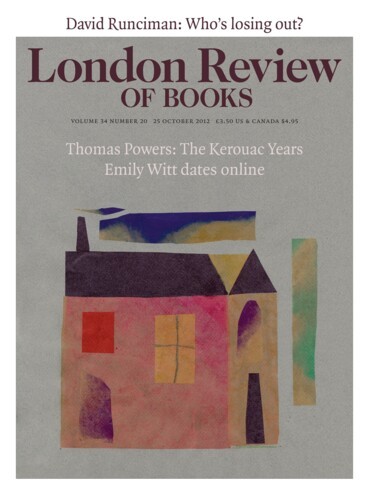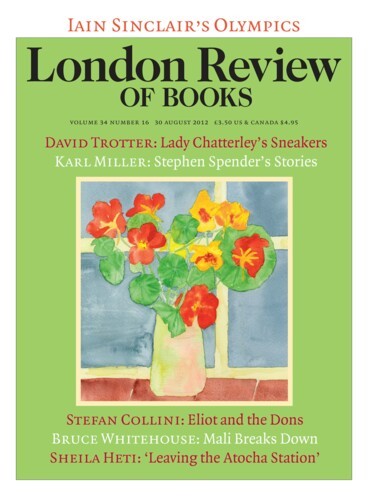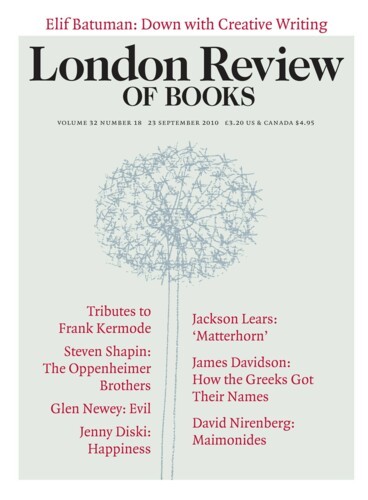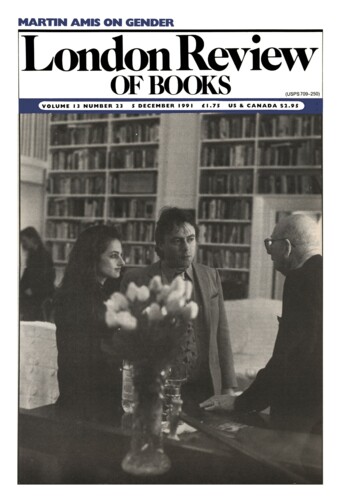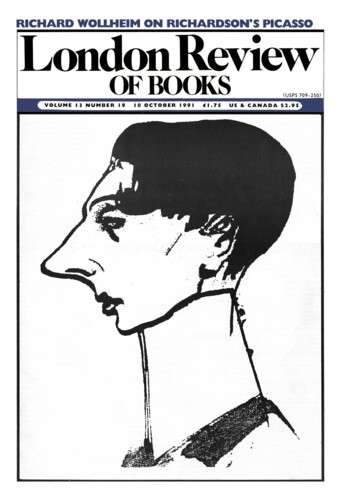By most of those who watched it, I imagine, the Rugby Union World Cup will be seen, now that the dust has settled, as a success, for all the aspects and episodes that there were to object to and quarrel over. But I doubt whether the same could be said of the discursive part of the ITV presentation of events. The party atmosphere which is sometimes thought by producers to be the thing on such occasions was given its head, and national sentiment ruled. The New Zealander David Kirk was first-rate: but the Scotsman too often talked through his kilt, and the Englishman proclaimed that he was absolutely sure that England would beat Australia in the final. At times it was like one of those ethnic jokes that people like to tell. There will never be a day when the national interest is invisible, or is reckoned to be invalid, in sport, but it is sad that it should have been obtruded to this degree, that the tournament should have been presented, by officials and by producers, as a Whitehall ceremony that was also a fairly jolly little world war. Much of this, admittedly, is, as they say, traditional, and I expect we shall have to go on looking at the players lined up like latex puppets to shake the toff’s hand and stare unflinchingly through the anthems. But perhaps New Zealand might one day be persuaded to drop that dubiously ethnic Maori war-chant: for a museum piece, it has a surprising capacity to sour the already fired-up, and it isn’t as if the All Blacks are as black as all that.
By most of those who watched it, I imagine, the Rugby Union World Cup will be seen, now that the dust has settled, as a success, for all the aspects and episodes that there were to object to and...
